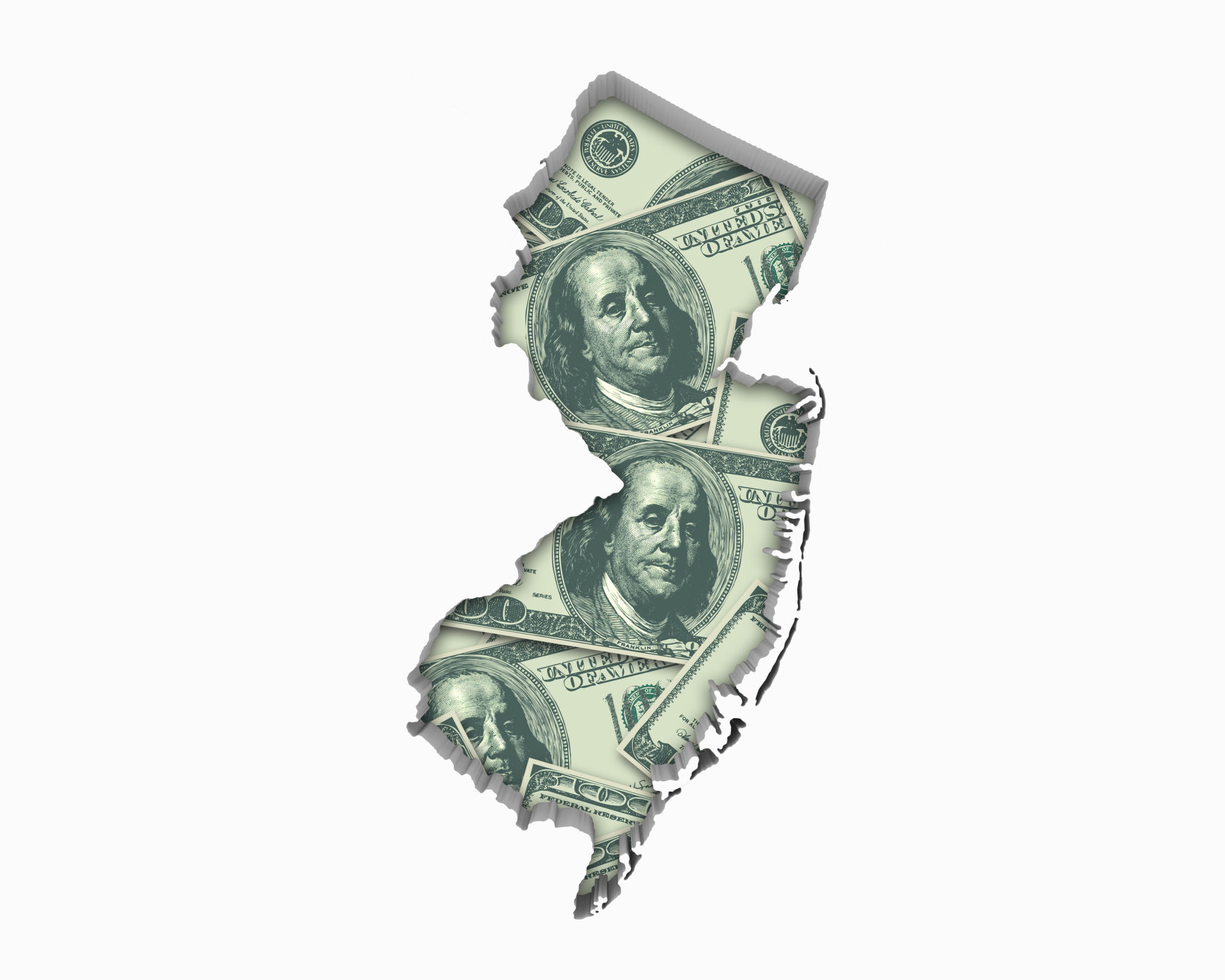Understanding New Jersey's Tax Regulations: A Comprehensive Overview
GD
Introduction to New Jersey's Tax Landscape
New Jersey's tax regulations can be complex and challenging to navigate, especially for newcomers and businesses. The state imposes various taxes, including income, sales, and property taxes. Understanding these regulations is essential for compliance and financial planning.

Personal Income Tax in New Jersey
New Jersey’s personal income tax is progressive, meaning the rate increases as income rises. Residents are taxed on their worldwide income, while non-residents are taxed only on income earned within the state. Tax rates range from 1.4% to 10.75%, depending on the income bracket.
For residents, it's crucial to accurately report all sources of income, including wages, dividends, and interest. Non-residents must file a New Jersey Non-Resident Income Tax Return if they receive income from a New Jersey source.
Filing Requirements and Deadlines
New Jersey tax returns are typically due on April 15th, aligning with the federal tax deadline. However, taxpayers can request an extension if necessary. It's important to note that an extension to file is not an extension to pay; any taxes owed are still due by the original deadline to avoid penalties.
Sales and Use Tax
New Jersey imposes a sales tax on the sale of most goods and some services within the state. As of now, the state sales tax rate is 6.625%. Businesses must collect this tax from customers and remit it to the state.

Additionally, there is a use tax for goods purchased out of state but used within New Jersey. If no sales tax was collected at the time of purchase, the consumer is responsible for paying the equivalent use tax directly to the state.
Exemptions and Special Cases
Certain items are exempt from sales tax, such as most clothing, prescription drugs, and groceries. It's important for both consumers and businesses to be aware of these exemptions to ensure proper tax compliance.
Property Taxes in New Jersey
Property taxes are a significant source of revenue for local governments in New Jersey. The state has one of the highest property tax rates in the U.S., which can be a considerable expense for homeowners.
Property taxes are based on the assessed value of the property and the local tax rate. Assessments are conducted by local assessors and can be appealed if the owner believes the valuation is incorrect.

Relief Programs
New Jersey offers several property tax relief programs, including the Property Tax Reimbursement Program and the Homestead Benefit Program, which are designed to alleviate the burden for eligible residents.
Corporate Business Tax
Businesses operating in New Jersey are subject to the Corporate Business Tax (CBT). The tax rate varies based on the level of income, with different rates for small businesses and larger corporations. This tax is crucial for supporting public services and infrastructure within the state.
Understanding New Jersey's tax regulations is vital for residents and business owners to ensure compliance and efficient financial management. By staying informed and utilizing available resources and programs, taxpayers can navigate the complexities of the state's tax landscape effectively.
